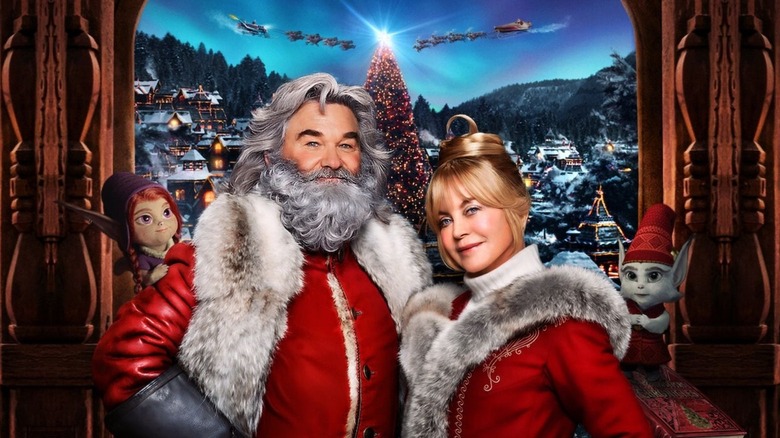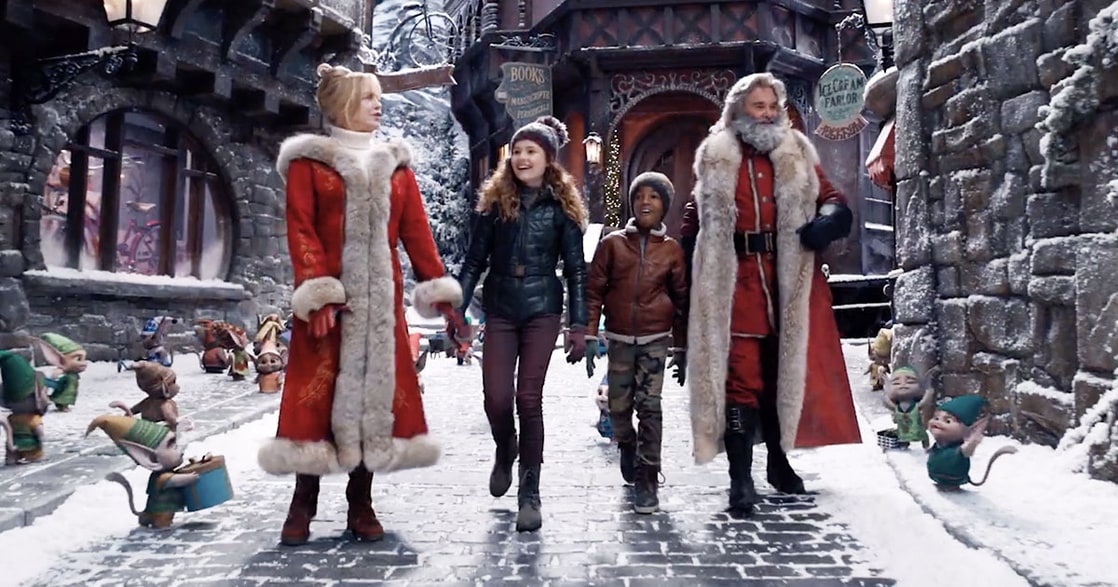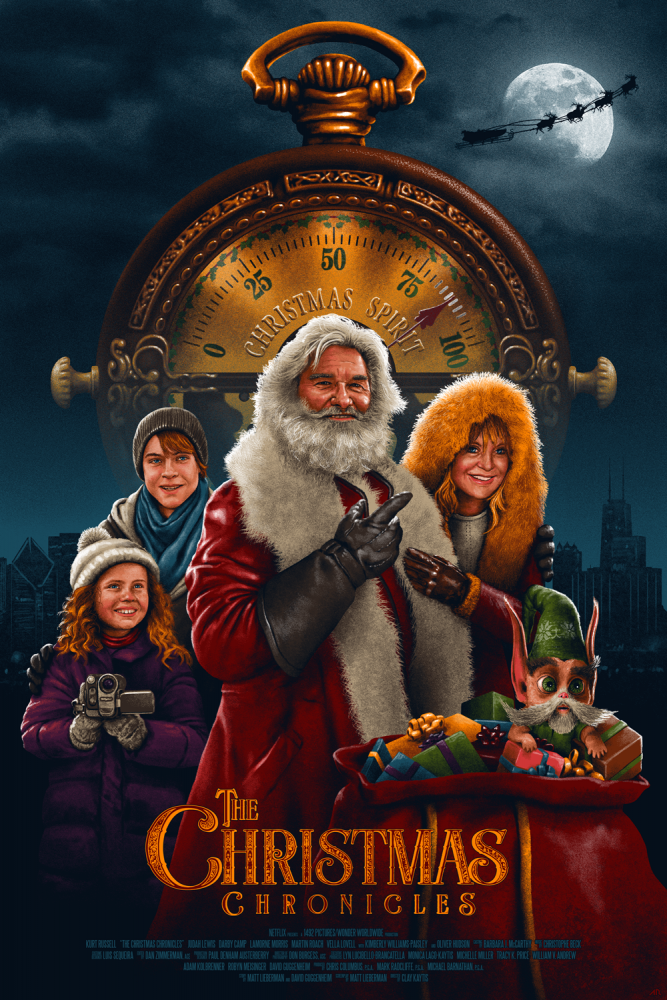The Inebriated Chronicles of Christmas: A Journey Through History’s Festive Revelry
Related Articles: The Inebriated Chronicles of Christmas: A Journey Through History’s Festive Revelry
Introduction
In this auspicious occasion, we are delighted to delve into the intriguing topic related to The Inebriated Chronicles of Christmas: A Journey Through History’s Festive Revelry. Let’s weave interesting information and offer fresh perspectives to the readers.
Table of Content
The Inebriated Chronicles of Christmas: A Journey Through History’s Festive Revelry

The holiday season, particularly Christmas, has been a time for celebration and merriment for centuries. While the focus often falls on the religious and cultural aspects of the holiday, a lesser-known but equally vibrant element of Christmas history lies in the role of alcohol. From ancient feasts to modern traditions, the consumption of alcohol has been deeply intertwined with the festive spirit, shaping the celebration and its cultural significance.
Ancient Roots of Intoxication and Festivity
The origins of Christmas celebrations can be traced back to ancient Roman festivals, particularly the Saturnalia, a week-long celebration in honor of the god Saturn. During Saturnalia, social hierarchies were reversed, slaves were granted temporary freedom, and feasting and revelry were encouraged. The consumption of wine was a central aspect of these festivities, symbolizing abundance and joy.
While not directly linked to Christmas, the Saturnalia provides a glimpse into the ancient world’s acceptance of alcohol as a vital element in festive celebrations. This acceptance carried over to early Christian celebrations, where wine played a significant role in communion rituals and communal feasts.
Medieval Revelry and the Rise of Christmas Ale
During the medieval period, Christmas celebrations became increasingly elaborate, incorporating elements of pagan traditions with Christian beliefs. This era witnessed the rise of Christmas ale, a strong, spiced beer brewed specifically for the holiday season. Christmas ale was often served at feasts and celebrations, becoming a symbol of the festive spirit and a source of community bonding.
The consumption of Christmas ale was not limited to the elite; it was enjoyed by all classes, fostering a sense of shared revelry and camaraderie. Taverns and inns were bustling with patrons enjoying the festive beverage, creating a vibrant atmosphere of celebration.
The Reformation and the Shifting Role of Alcohol
The Protestant Reformation in the 16th century brought about significant changes in the way Christmas was celebrated. While the emphasis on religious observances remained, the focus shifted away from elaborate feasts and towards more austere celebrations. This shift, in part, influenced the role of alcohol in Christmas celebrations.
While the consumption of alcohol did not disappear entirely, it became more associated with moderation and temperance. The emphasis shifted from excessive drinking to a more controlled and socially acceptable form of enjoyment.
The Victorian Era and the Revival of Festive Indulgence
The Victorian era saw a resurgence of festive indulgence, with Christmas becoming a time for lavish celebrations and gift-giving. The Victorian era also witnessed the rise of the Christmas pudding, a rich and decadent dessert often served with brandy.
The Victorian era’s emphasis on family and tradition fueled the popularity of Christmas feasts, where alcohol played a prominent role. Wine, spirits, and other alcoholic beverages were integral parts of these celebrations, enhancing the festive atmosphere and fostering a sense of togetherness.
The 20th Century and the Evolution of Christmas Drinking
The 20th century saw the evolution of Christmas drinking traditions, influenced by changing social norms and cultural shifts. The rise of mass production and consumerism brought about the standardization of Christmas beverages, such as eggnog and Christmas cocktails.
The advent of prohibition in the United States in the 1920s had a significant impact on Christmas drinking, forcing many to find alternative ways to enjoy alcoholic beverages. This period witnessed the rise of speakeasies and the underground production of homemade alcohol.
Following the repeal of prohibition in 1933, Christmas drinking traditions rebounded, with the holiday becoming synonymous with festive cocktails and seasonal beers. The post-war era saw the rise of the Christmas party, where alcohol played a central role in fostering social connections and celebrating the holiday season.
The 21st Century and the Continued Evolution of Christmas Drinking
In the 21st century, Christmas drinking traditions continue to evolve, reflecting changing social attitudes and trends. The focus on health and wellness has led to an increased demand for low-alcohol and non-alcoholic beverages, offering alternative options for those who choose to abstain or moderate their consumption.
Despite these trends, alcohol remains a significant part of Christmas celebrations, particularly in social settings. The holiday season continues to be a time for festive gatherings, where alcohol plays a role in enhancing the celebratory atmosphere and fostering social connections.
Beyond the Festive Spirit: The Potential Risks of Excessive Drinking
While alcohol can enhance the festive spirit and contribute to the enjoyment of Christmas celebrations, it is crucial to acknowledge the potential risks associated with excessive drinking. Alcohol consumption can lead to a range of negative consequences, including health problems, accidents, and impaired judgment.
It is essential to promote responsible drinking practices during the holiday season, encouraging individuals to consume alcohol in moderation and to avoid driving or engaging in other activities that may be impaired by alcohol consumption.
FAQs on Christmas and Alcohol
1. What is the historical significance of alcohol consumption during Christmas?
Alcohol consumption during Christmas has a long and rich history, dating back to ancient Roman festivals and early Christian celebrations. It has been a symbol of abundance, joy, and community bonding, playing a significant role in festive feasts and celebrations.
2. How has the role of alcohol in Christmas celebrations evolved over time?
The role of alcohol in Christmas celebrations has evolved significantly over time, influenced by religious and cultural shifts. From the excessive drinking of medieval times to the more moderate approach of the Reformation and the revival of festive indulgence during the Victorian era, the consumption of alcohol has reflected changing social norms and attitudes.
3. What are some of the risks associated with excessive alcohol consumption during Christmas?
Excessive alcohol consumption during Christmas can lead to a range of negative consequences, including health problems, accidents, and impaired judgment. It is essential to promote responsible drinking practices and to avoid excessive consumption.
4. What are some alternative options for those who choose to abstain or moderate their alcohol consumption during Christmas?
There are numerous alternative options for those who choose to abstain or moderate their alcohol consumption during Christmas, including non-alcoholic beverages, mocktails, and festive foods that are not alcohol-based.
5. How can we promote responsible drinking practices during the holiday season?
Promoting responsible drinking practices during the holiday season involves educating individuals about the risks associated with excessive alcohol consumption, encouraging moderation, and providing alternative options for those who choose to abstain or moderate their consumption.
Tips for Responsible Drinking During Christmas
- Set Limits: Before attending any festive gatherings, set a limit on how much you plan to drink.
- Pace Yourself: Avoid consuming alcohol too quickly. Give your body time to process the alcohol.
- Stay Hydrated: Drink plenty of water or non-alcoholic beverages throughout the evening.
- Eat Before You Drink: A full stomach can help slow down the absorption of alcohol.
- Avoid Driving: If you are consuming alcohol, make sure to have a designated driver or arrange for alternative transportation.
- Know Your Limits: Be aware of your own tolerance for alcohol and avoid exceeding your limits.
- Seek Support: If you are struggling with alcohol consumption, seek support from a healthcare professional or a support group.
Conclusion
The history of Christmas is intertwined with the consumption of alcohol, reflecting the changing social norms and cultural attitudes towards festive revelry. While alcohol can enhance the celebratory atmosphere and foster social connections, it is crucial to acknowledge the potential risks associated with excessive consumption. By promoting responsible drinking practices and offering alternative options, we can ensure that the festive spirit of Christmas is enjoyed safely and responsibly.








Closure
Thus, we hope this article has provided valuable insights into The Inebriated Chronicles of Christmas: A Journey Through History’s Festive Revelry. We hope you find this article informative and beneficial. See you in our next article!